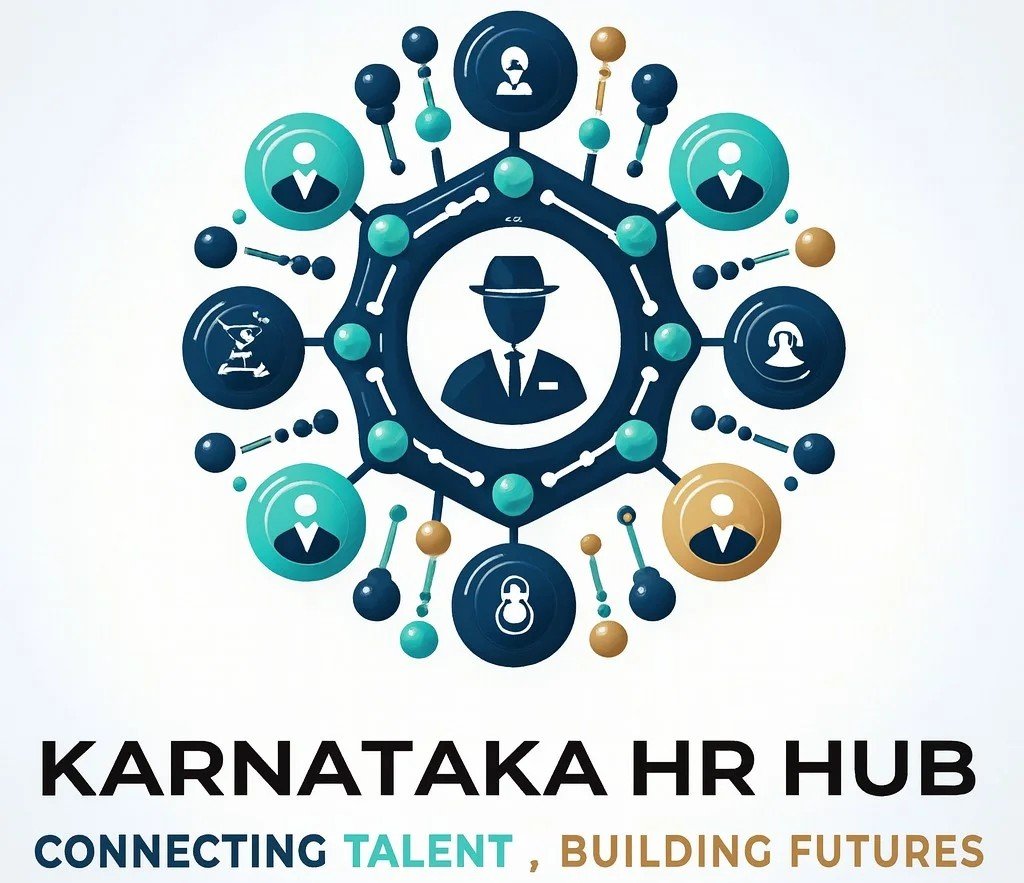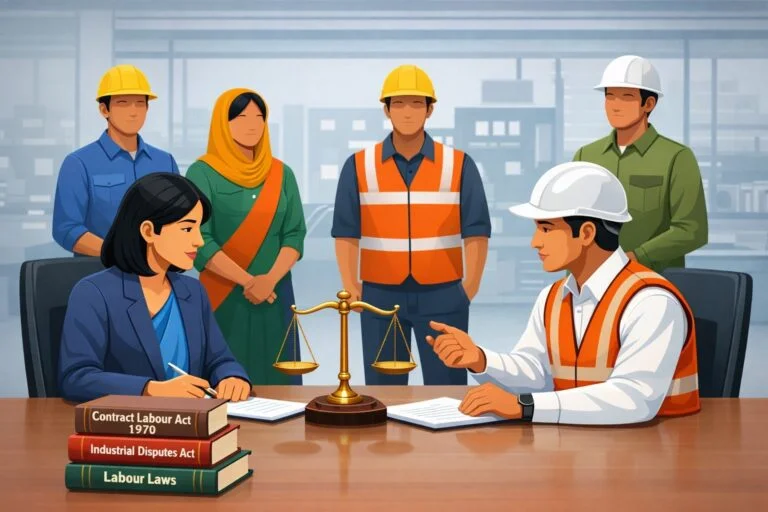AI in HR: IBM’s AI Shift and the Road Ahead.

Introduction:
What if a bot could handle your HR tasks faster than you? IBM’s recent move to replace about 200 HR roles with AI agents has sent shockwaves through the industry, raising big questions about the future of HR. This isn’t just about automation—it’s about redefining how HR works in 2025 and beyond. Why are companies embracing AI in HR? What challenges does this create for HR professionals? And where is this tech headed? In this post, we’ll unpack IBM’s shift, explore AI’s impact, tackle real challenges, and share practical ways to stay ahead. Let’s dive into the world of AI in HR and Glenn together, and get ready to navigate this new era with confidence.
Read: AI vs. HR Managers in India: Automation, Empathy, and the Future of HR
What’s Happening at IBM?
In early 2025, IBM made headlines by replacing around 200 HR roles with AI agents, specifically its AskHR bot, which now automates 94% of routine tasks like vacation requests and payroll inquiries, according to The Wall Street Journal. But here’s the kicker: IBM’s workforce didn’t shrink—it grew. The company redirected savings from automation to hire more software engineers and salespeople, roles requiring creativity and human judgment. This move, part of a broader trend, signals a shift in HR toward efficiency and strategic focus.
Why does this matter? Which HR tasks could AI take over in your workplace? Which ones demand a human touch? IBM’s example challenges us to rethink HR’s role in an AI-driven world.
How Is AI Transforming HR?
AI is reshaping HR in profound ways, driven by the need for speed, scale, and insights. A 2024 Gartner report predicts 60% of large enterprises will use AI-driven HR tools by 2026. Here’s how AI is changing the game:
Automation of Routine Tasks: AI chatbots, like IBM’s AskHR, handle repetitive queries, freeing HR teams for strategic work.
Recruitment Efficiency: AI screens resumes and matches candidates to roles, as seen in tools like Mya Systems, reducing hiring time.
Data-Driven Insights: AI analyzes employee data to predict turnover or engagement trends, per a 2025 SHRM report.
Enhanced Employee Experience: AI personalizes onboarding or training, boosting engagement, as shown in SAP SuccessFactors’ AI modules.
These changes streamline operations, but could they make HR feel less human? How can HR balance efficiency with connection? Reflecting on these shifts helps us prepare for what’s next.
Recommended Read: Streamlining HR with ChatGPT: A Practical Guide for Professionals
What Challenges Do HR Professionals Face?
AI’s rise brings exciting possibilities, but it also poses real challenges for HR professionals. A 2025 SHRM survey found 72% of HR pros feel unprepared for AI’s impact. Here are key hurdles:
Skill Gaps: Many HR teams lack AI literacy, making it hard to use or oversee AI tools effectively.
Job Displacement Fears: IBM’s replacement of 200 roles fuels anxiety about job security, especially for administrative HR staff.
Ethical Concerns: AI can perpetuate bias, as seen in early AI recruitment tools that favored male candidates, per a 2018 HBR study.
Employee Trust: Over-reliance on AI risks alienating employees who crave human interaction, per a 2024 Gallup study.
Implementation Costs: Adopting AI requires significant investment, a barrier for smaller firms.
These challenges aren’t insurmountable, but they demand action. What’s the biggest AI-related obstacle in your HR work? Identifying it is the first step to overcoming it.
Read: Actionable Strategies for Tech-Driven HR Growth in 2025
How Can HR Professionals Adapt to AI?
Adapting to AI means embracing it as a partner, not a threat. Here are five strategies to thrive in the AI era, grounded in industry best practices:
Build AI Literacy: Take online courses (e.g., Coursera’s AI for HR) to understand AI’s capabilities and limits.
Strengthen Human Skills: Focus on empathy, negotiation, and strategic thinking—skills AI can’t replicate.
Leverage AI Insights: Use AI analytics to inform decisions, like predicting turnover risks.
Champion Ethical AI: Advocate for transparent, bias-free AI tools by vetting vendors thoroughly.
Collaborate Across Teams: Partner with IT to implement AI smoothly, ensuring alignment with HR goals.
Pick one strategy to try this week—maybe a free AI webinar—and share your insights in the comments! How can you start preparing for AI’s impact today?
What’s Next for AI in HR?
The future of AI in HR is brimming with potential, shaped by emerging trends. A 2025 Deloitte report highlights AI’s next frontiers. Here’s what to watch:
Predictive Analytics: AI will forecast workforce needs or employee burnout with greater precision, as seen in Workday’s AI tools.
AI in DEI: Tools like Textio will refine job descriptions to attract diverse talent, reducing bias.
Personalized Employee Experiences: AI will tailor career paths or wellness programs, boosting retention.
Augmented Decision-Making: AI will support, not replace, HR decisions, like recommending promotions based on performance data.
Voice and Sentiment Analysis: AI will analyze employee feedback in real-time, per Qualtrics’ AI advancements.
These trends promise smarter HR, but they raise questions. Will employees embrace hyper-personalized AI? How do we ensure ethical use? Thinking ahead prepares us for what’s coming.
Conclusion
IBM’s replacement of 200 HR roles with AI agents is a bold signal of AI’s growing role in HR. It’s transforming how we work—automating tasks, unlocking insights, and personalizing experiences. But challenges like skill gaps, ethical risks, and trust issues demand our attention. By building AI literacy, honing human skills, and staying ahead of trends like predictive analytics, HR professionals can shape a future where AI enhances, not overshadows, our work. What’s one step you’ll take to navigate AI in HR? Share your thoughts in the comments, and let’s keep this conversation alive. The road ahead is exciting—let’s walk it together!


